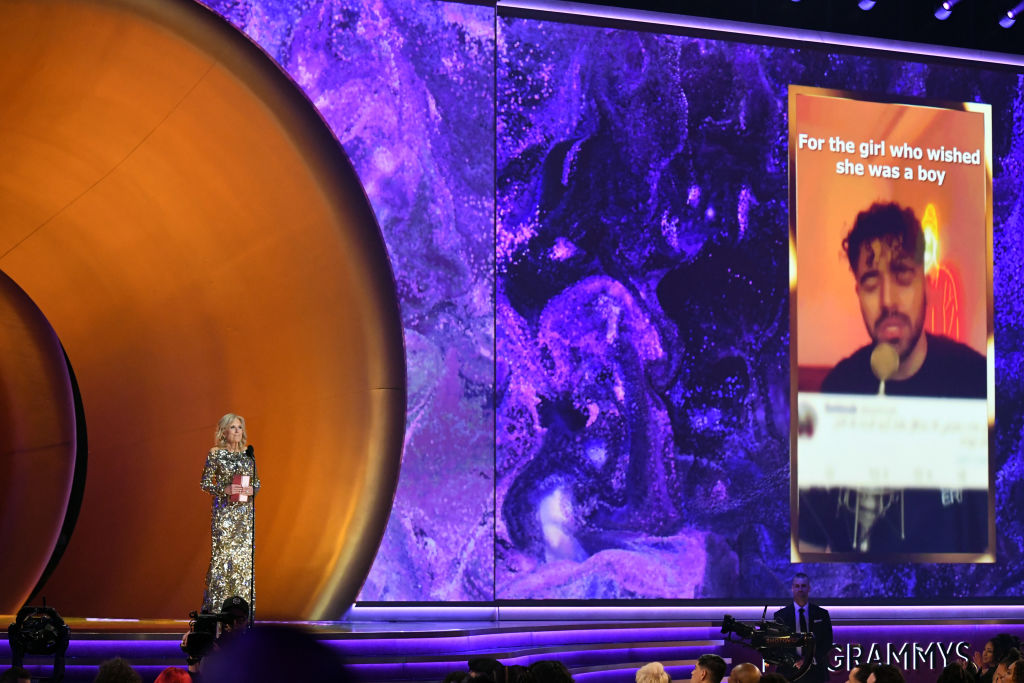The song was released in response to the protests set off last September by the death of 22-year-old Mahsa Amini, who had been in the custody of Iran’s morality police for allegedly wearing “improper hijab.” At least 527 protesters have died amid a regime crackdown on the demonstrations, which have involved 164 cities across Iran to date, according to the Tehran-based Human Rights Activist News Agency (HRANA).
Below, what to know about the song.
Who is Shervin Hajipour?
Shervin Hajipour is a 25-year-old pop singer from Iran. In 2019, he appeared on the show New Era, Iran’s version of American Idol, before being eliminated in the final round.
Hajipour was relatively unknown until he released his single, “Baraye,” on Sept. 28, 2022, which he composed and recorded from his bedroom in the coastal Iranian city of Babolsar. Two days after he released his single, he was arrested and put in jail for several days before he was granted bail in early October. The song no longer appears on his Instagram account.
Hajipour continues to face charges of “propaganda against the regime” and “instigating the violence,” according to the U.S.-based group Human Rights Activists in Iran. He has also been barred from leaving the country.
What is the new special merit category recognizing social change?
In October, the Recording Academy announced a new award category—“Best Song For Social Change”—given to a song that responds to “the social issues of our time and has the potential for positive global impact.”
The award was proposed by academy members and the winner was chosen by a panel of music experts who formed the Grammys’ blue ribbon committee. It was ratified by the Recording Academy’s board of trustees.
Singer-songwriter and Recording Academy member Maimouna Youssef previously told NPR that “Baraye” was the leading candidate for the award. According to the Grammys website, Baraye was listened to by over 40 million people in less than two days following its September release.
Read More: The Women of Iran are TIME’s 2022 Heroes of the Year
What does “Baraye” mean?
Baraye is a Farsi word that translates to “Because Of.” Hajipour said he wrote the lyrics based on tweets posted by young Iranians that list the reasons why they continue to protest against the Iranian regime, previously posting, “the lyrics of this song were written by you to relieve your pain.”
For many Iranians, the song captures the widespread anger against the Iranian regime that has driven the largest anti-government protest movement in the country’s recent history.
The song’s lyrics begin with: “For dancing in the streets,” “for the fear we feel when we kiss.” It then ends with the widely chanted slogan that has become synonymous with women-led protests in Iran since September: “jin-jiyan-azadi” or “woman, life, freedom.”
Read More: Why Iranian Protesters Chant ‘Woman, Life, Liberty’
Why did the song go viral?
“Baraye” went viral almost immediately after it was released on Instagram. It has since become ubiquitous across Iran and online platforms as the unofficial anthem of the Iranian protests. The song has been featured in multiple protest videos and Iranians within the country and abroad have blasted it out in public gatherings like protests, funerals, celebrations, hikes, concerts, university campuses, and shopping malls.
